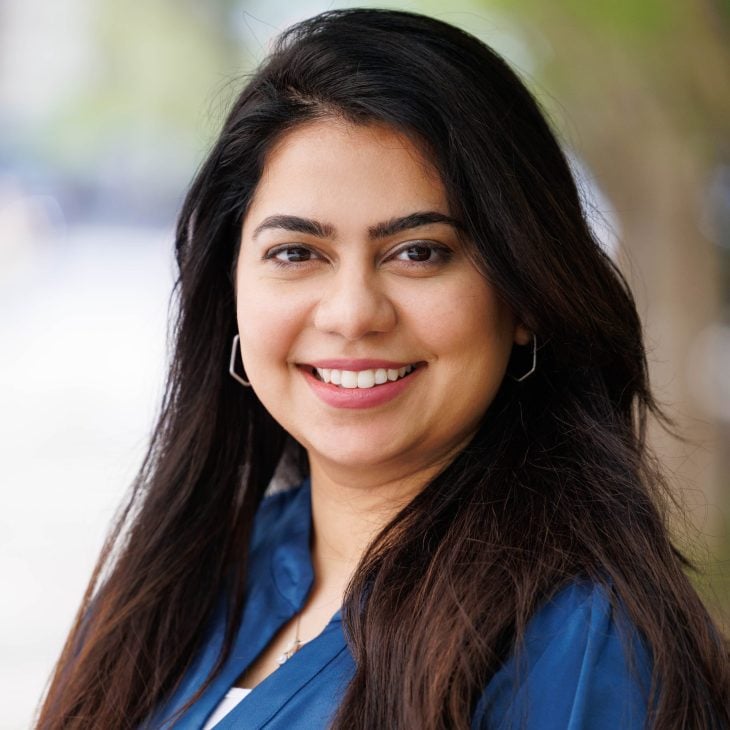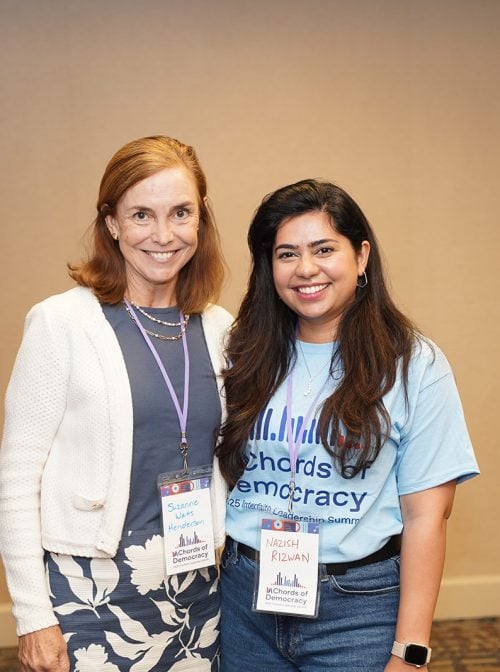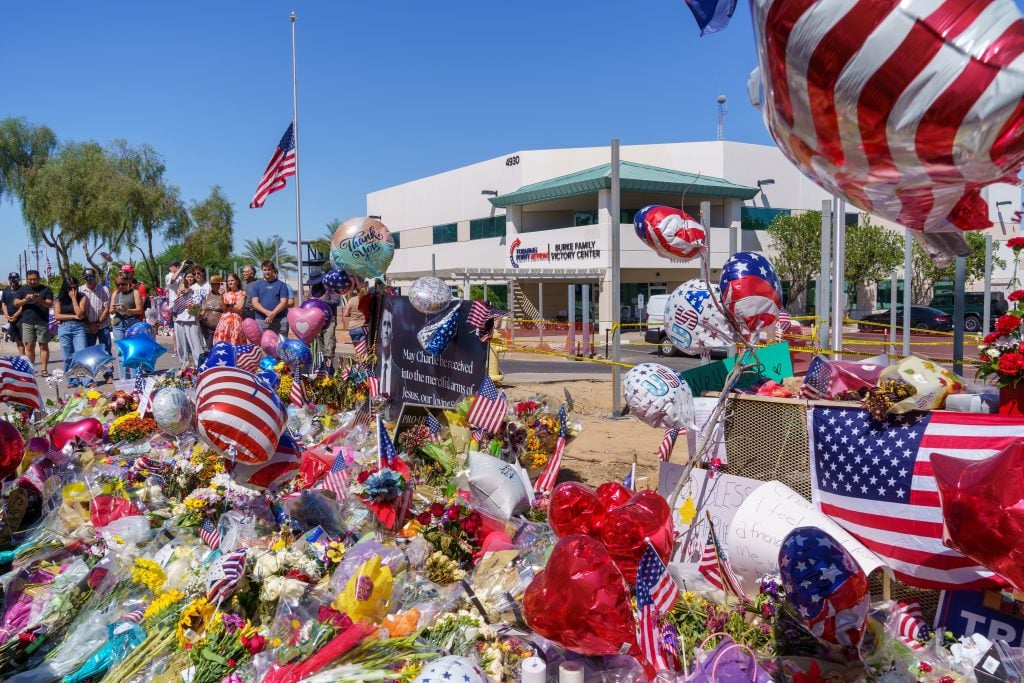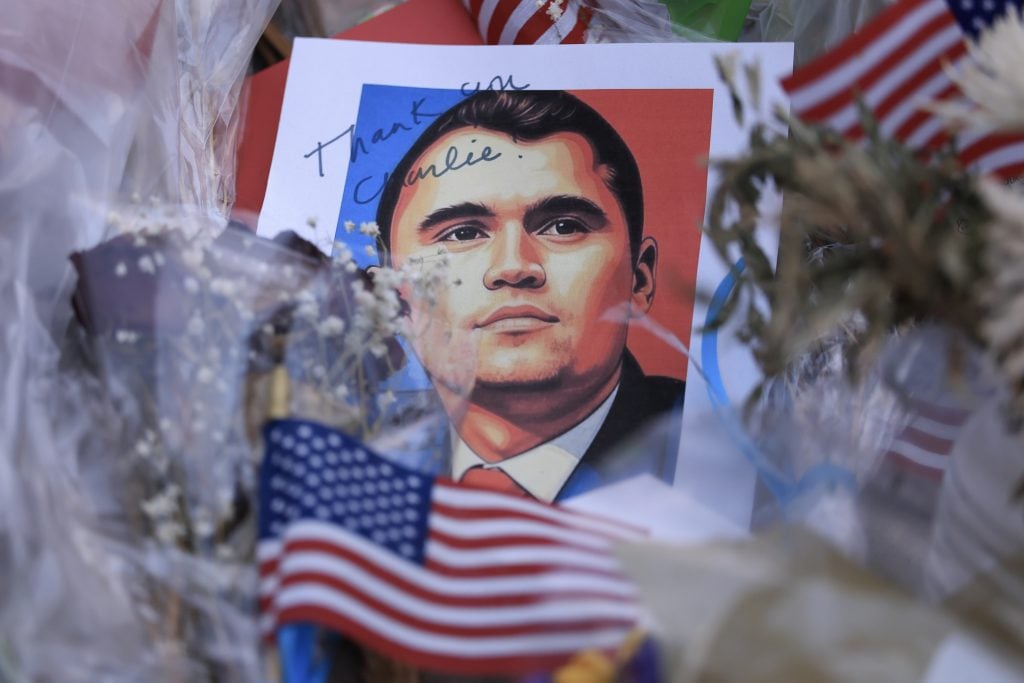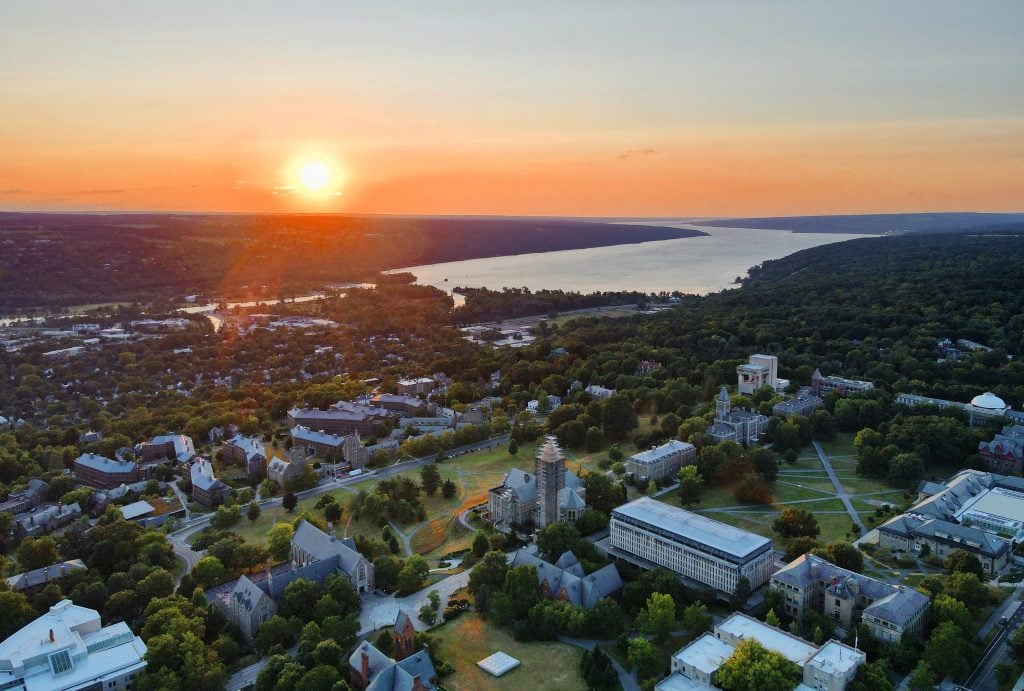This summer, at the Faith and Health Educator Track during the Interfaith Leadership Summit in Chicago, 50 leaders from across the country gathered to explore a growing movement that recognizes how people’s faith shapes their healthcare choices.
I came with curiosity, eager to learn from the religious studies scholars, health sciences faculty, social science educators, and public health professionals in the room. By the end of the third day, though, I found myself looking inward. I left with a deeper appreciation for my own tradition, Islam, and a renewed awareness of the many teachings of the Prophet Muhammad (peace be upon him) that speak directly to public health.
One of the clearest examples is a hadith of the Prophet Muhammad (peace be upon him) about outbreaks of plague: “If you hear of an outbreak of plague in a land, do not enter it; and if the plague breaks out in a place while you are in it, do not leave that place.” (Sahih al-Bukhari 5728) Centuries before modern medicine, this teaching captured the essence of quarantine and disease prevention, a concept that feels especially relevant in our own times. During the COVID-19 pandemic, the role of faith leaders in amplifying such public health measures proved vital. Week after week, imams, rabbis, and priests reminded their congregations, sometimes virtually, of their responsibility to protect the health of their neighbors. I remember sitting in my apartment in 2020 in Karachi, Pakistan, listening to the loudspeaker from the mosque downstairs, as the imam advised families to get vaccinated and care for the vulnerable. At the Summit, Sana Syed, President of the American Muslim Health Professionals (AMHP), shared the Khutbah Guide for Healthcare Advocacy, a resource designed to equip imams to speak about public health from the pulpit. It was a powerful reminder that faith leaders, trusted across traditions, are not only guides of conscience but also essential partners in advancing health and wellbeing.
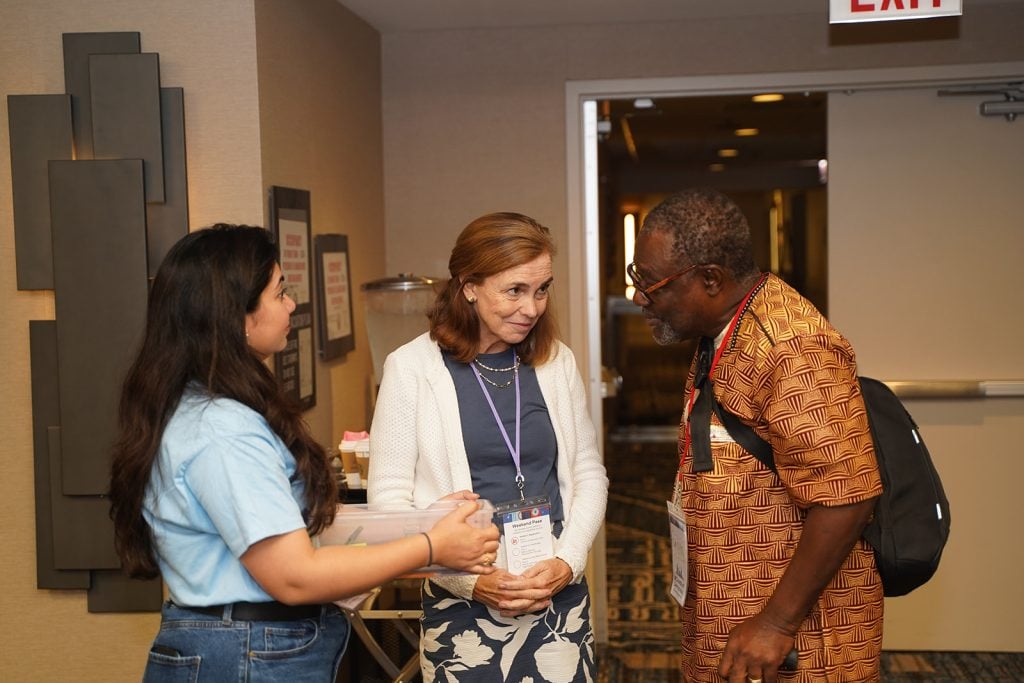
Another story from the Summit that stayed with me came from a faculty member at Texas Christian University, whose campus hosted an interfaith symposium to engage local healthcare providers. Their initiative highlighted the role of chaplains who walk alongside medical teams, helping them understand the religious dimensions of care. A pediatric palliative care chaplain described moments when treatment is no longer effective, and care must be withdrawn. In those moments, families often cling to hope rooted in faith, even when physicians feel compelled to temper it with medical facts. What the chaplain stressed is that hope is not just about outcomes; it is existential, spiritual, and deeply human.
That perspective resonated with me on a personal level as my family is walking through my uncle’s battle with Hodgkin’s disease, a diagnosis that progressed in a matter of weeks. Just recently, our extended family gathered in a circle of prayer. Elders, cousins, even the little ones sat together for hours, reciting the Qur’an and making dua, asking Allah to grant him healing. That evening reminded me that hope itself can feel like medicine. It sustains us in the waiting, it gives us strength to endure, and it allows us to carry on with faith. Our work in the faith and health space is helping to train the next generation of physicians to honor that kind of hope rather than dismiss it. In doing so, they will not only treat bodies but also walk with families through the fullness of their humanity.
Hope, I realized, is not just an emotion. It is a lifeline. I often recall my grandfather repeating a popular saying in South Asia during times of despair: umeed pe dunya qaim hai — “the world is built on hope.” In Islam, hope is deeply tied to faith. The Qur’an reminds us, “Do not despair of the mercy of Allah” (39:53), a verse many turn to in moments of difficulty. Hope is not passive; it is an act of trust in God’s wisdom and compassion, even when the path ahead is unclear. Families facing illness often gather for prayer, recite the Qur’an, or simply sit together in remembrance of God. These practices may not change the diagnosis, but they transform how it is endured. In the framework we use in the faith and health movement, hope is named as one of the “Leading Causes of Life.” Alongside connection, coherence, and agency, it sustains families through uncertainty and gives caregivers the strength to continue with love.
Both the story from Texas Christian University and my own family’s journey underline the same truth: faith and health are not separate. In the most fragile moments of illness, hope borne of faith can be as essential as medicine. It sustains us when answers are scarce. It helps us live with courage and compassion, even in the shadow of uncertainty. Faith actively shapes how communities understand and pursue wellbeing. For me, Islam provides both the principles and the practices to see health as an act of faith.
Nazish Rizwan
Nazish Rizwan is a Program Manager supporting the Faith and Health Team and the Director of Academic Initiatives. She earned her master’s degree in Management and HR from the University of Tennessee in 2022 and has prior experience in DEI, community outreach, and conflict resolution. Originally from Pakistan, Nazish’s passion for pluralism was shaped by witnessing ethnic and religious divisions, inspiring her to serve as a bridgebuilder and promote inclusivity in her work.
